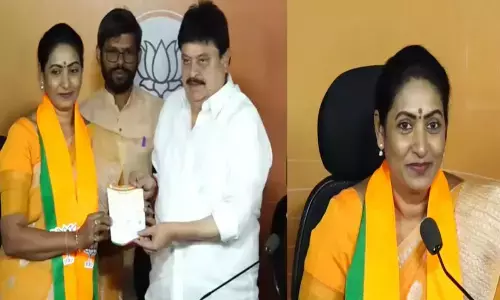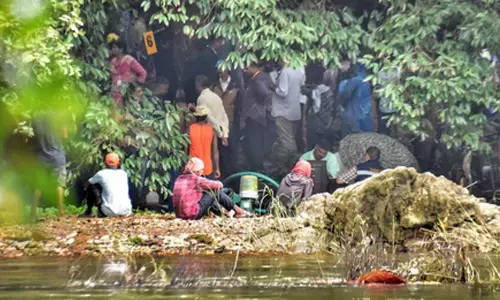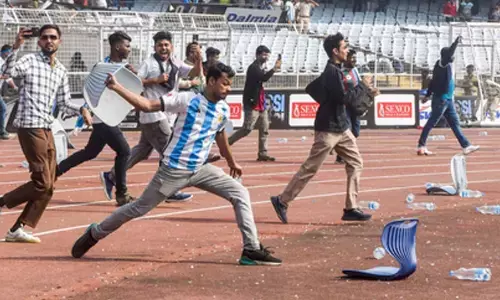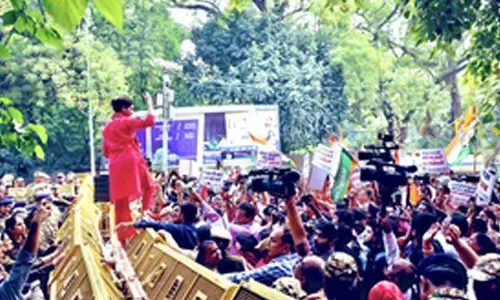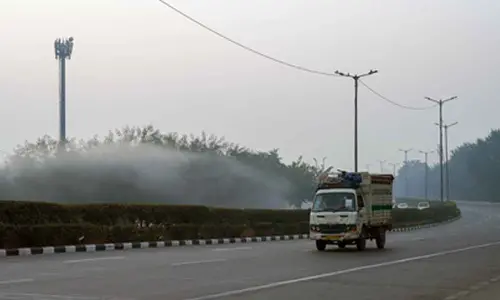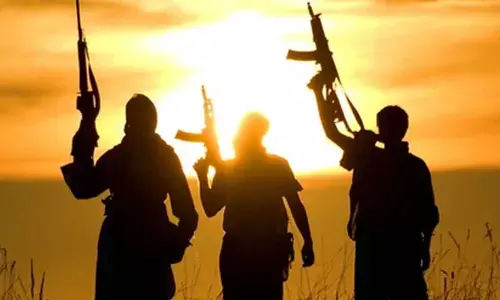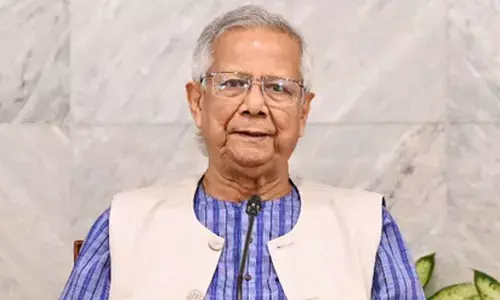Nadeem Nusrat raises concern over plight of Pak's religious minorities
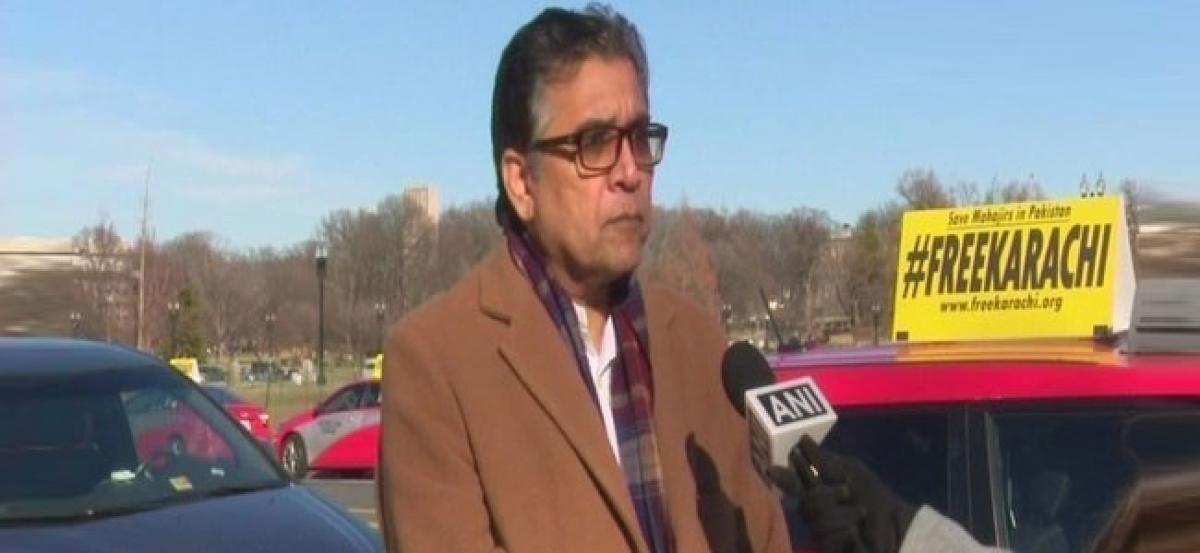
South Asia Minorities Alliance Foundation SAMAF chairman Nadeem Nusrat has said that religious and ethnic minorities in Pakistan are facing systematic persecution at the hands of extremist groups, who clearly seem to enjoy Pakistani deep states patronage
Washington, D.C. [USA]: South Asia Minorities Alliance Foundation (SAMAF) chairman Nadeem Nusrat has said that religious and ethnic minorities in Pakistan are facing systematic persecution at the hands of extremist groups, who clearly seem to enjoy Pakistani "deep state's" patronage.
Emboldened by blatant support from the state, notorious chiefs of some of these militant outfits are even participating in the upcoming election, Nusrat said.
He made these remarks while addressing an important congressional hearing on the issue of international religious freedom at the US capital, Washington D.C.
The hearing was chaired by Virginia Congressman Thomas Garrett and was attended by influential US lawmakers as well as Sam Brownback, the Ambassador at large.
Ambassador Brownback deals with the issue of international religious freedom on behalf of the current US administration.
In his briefing, Nusrat said that it is historically proven that Pakistan had been created by Indian subcontinent's religious minorities.
"The first president of Pakistan's founding political party, the Muslim League, was an Agha Khani. Pakistan's founder Mr. Mohammad Ali Jinnah belonged to Shia minority, whereas Pakistan's first foreign minister Sir Zafarullah Khan, who played an important role in the movement for Pakistan's creation, was an Ahmadi," he noted.
"But all of these religious groups are facing ever-growing violence in Pakistan and their places of worship are routinely attacked. Similarly, people of Hazarah have been facing relentless violence at the hands of militants outfits and in Quetta, they have been limited to two enclaves. Venturing out of those enclaves results in fatal attacks by religious extremists," Nusrat
The SAMAF chairman further explained how the indigenous population in Gilgit-Baltistan is being turned into a minority through state-sponsored machination to change the region's demography.
He also referred to the incidents of killings of Christians in Quetta, Sikhs in Khyber Pakhtunkhwa, arrests of scores of young Christian men in Karachi, and various acts of violence against Hindu minority in rural Sindh.
Nusrat added that while violent sectarian and religious outfits are free to carry out their illegal activities, secular political voices are being marginalised.
"Secular Mohajirs have been facing brutal state repression in urban Sindh where militants belonging to banned outfits are openly participating in the upcoming elections," he implied.
In his briefing, Ambassador Brownback described efforts undertaken by the current administration to address the sensitive subject. He assured the participants that the current administration is paying special attention to the reports of violence against religious minorities worldwide and appropriate actions will soon follow. He also invited Nusrat to participate in the future discussions on the issue.
SAMAF is a US-based advocacy group raising voice over human rights issues in South Asia region.








